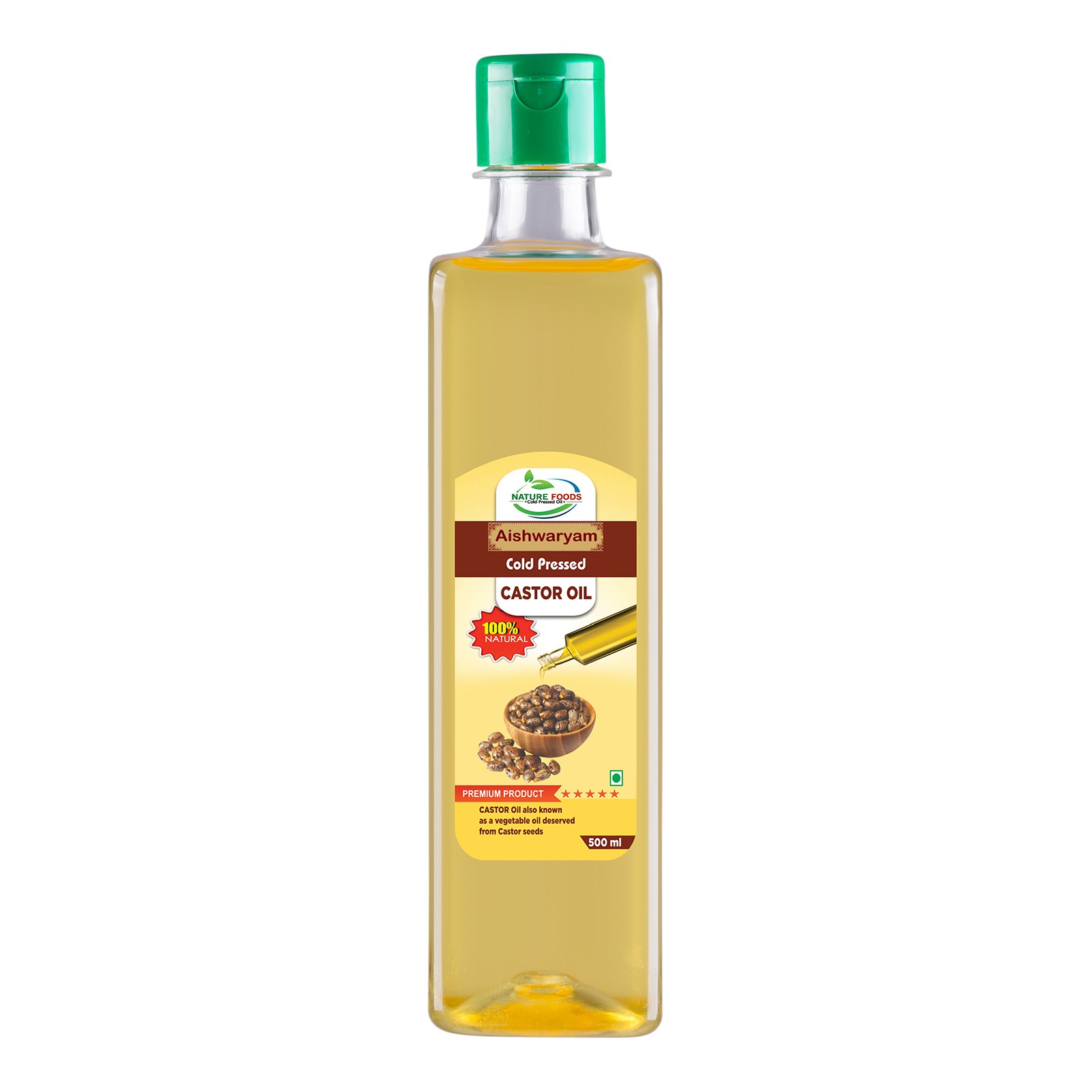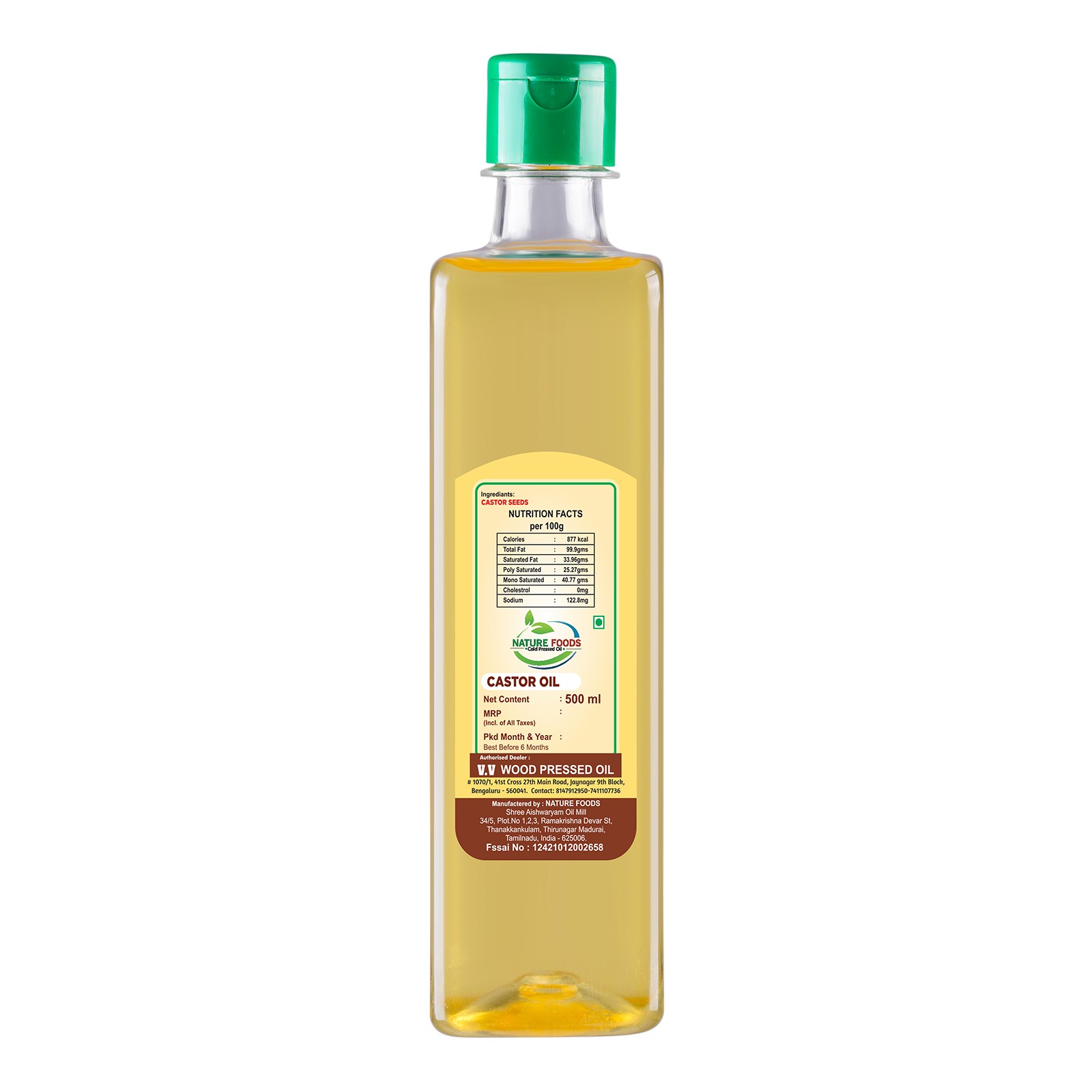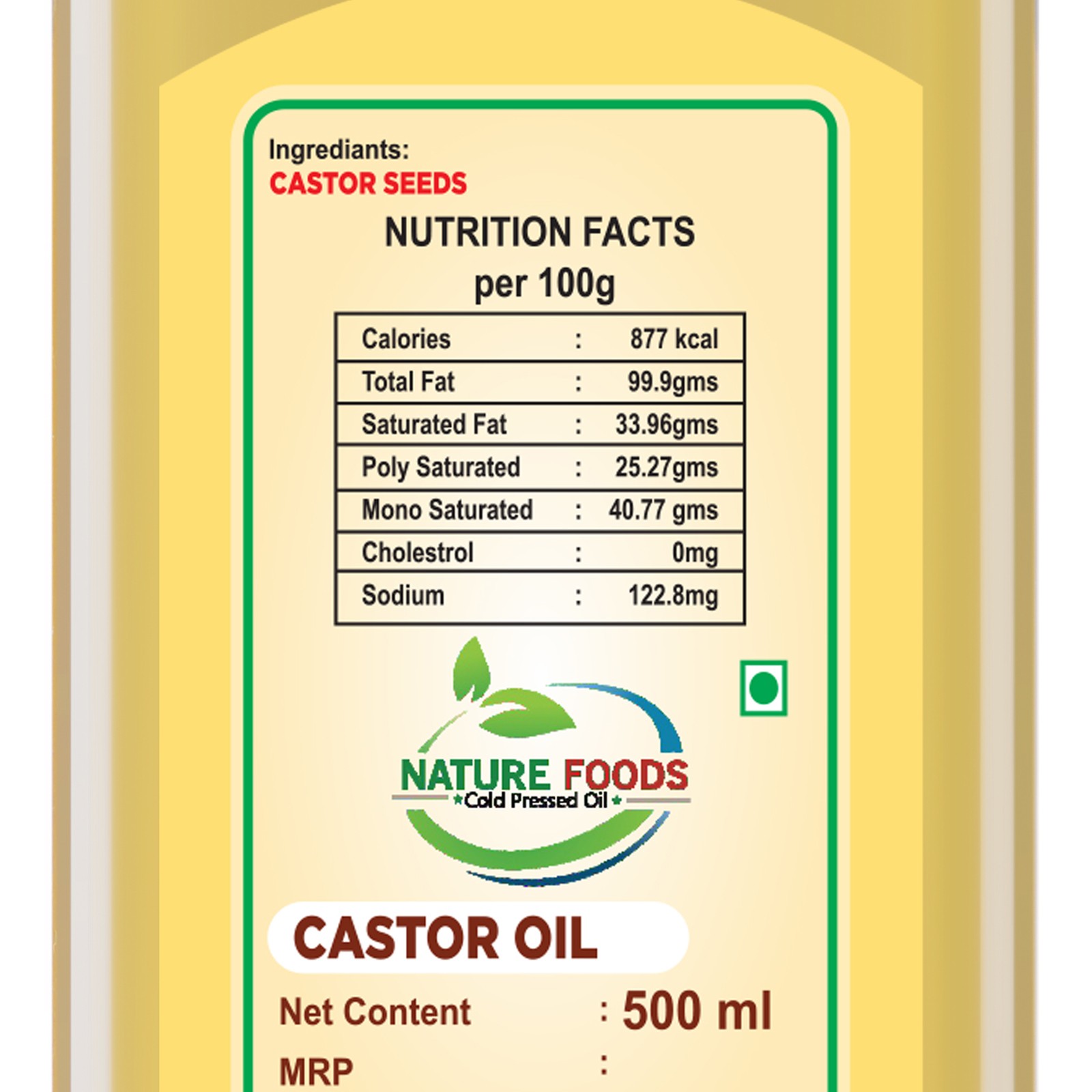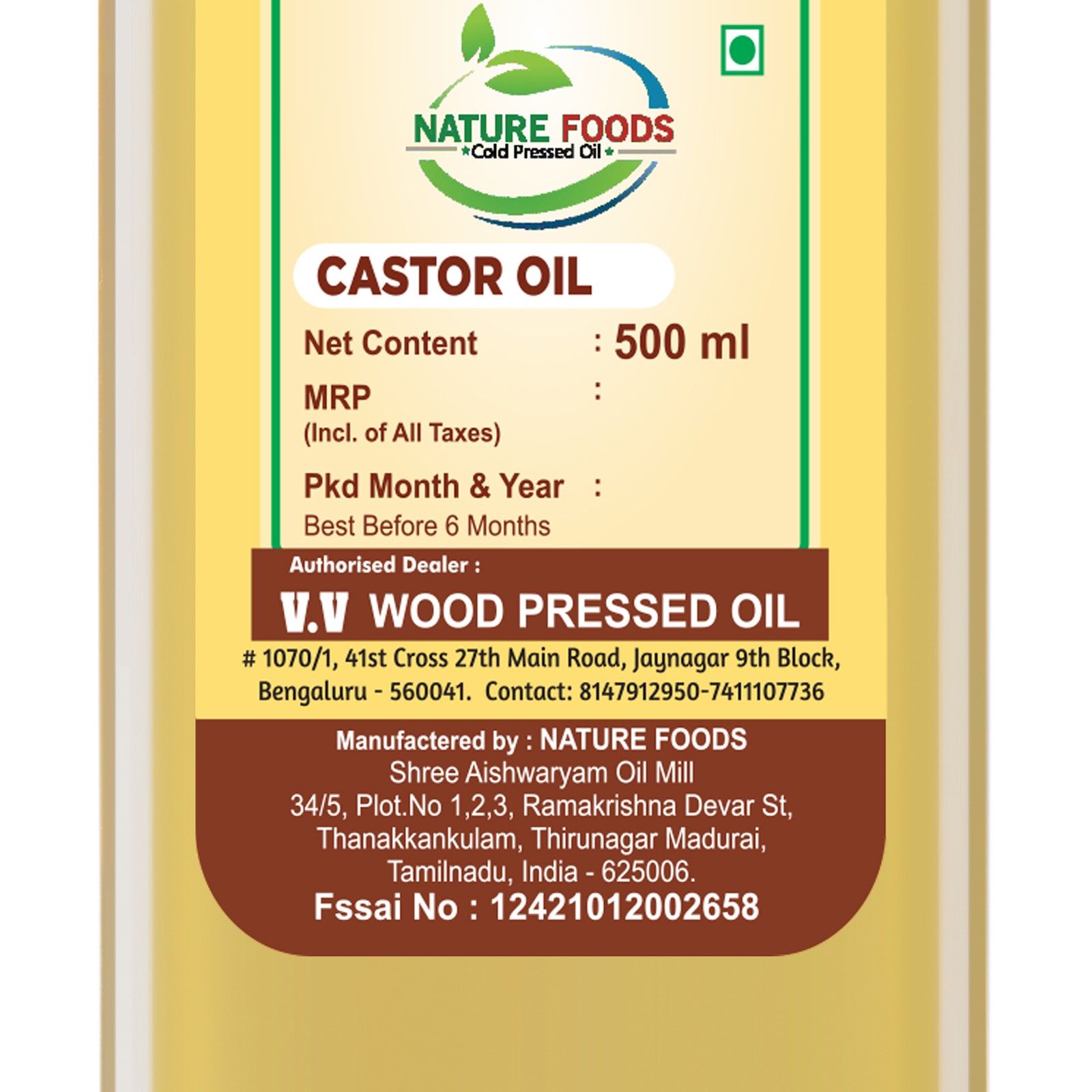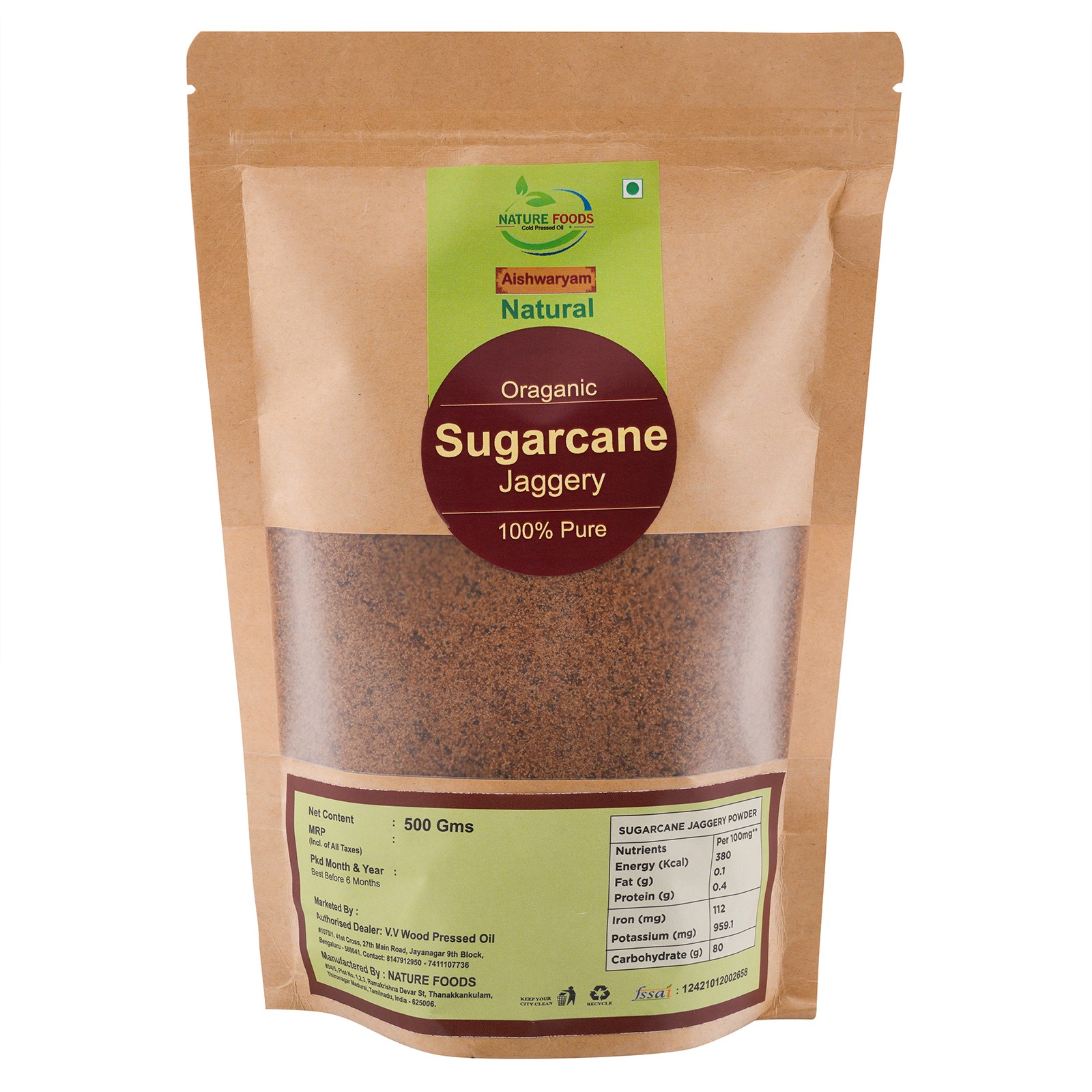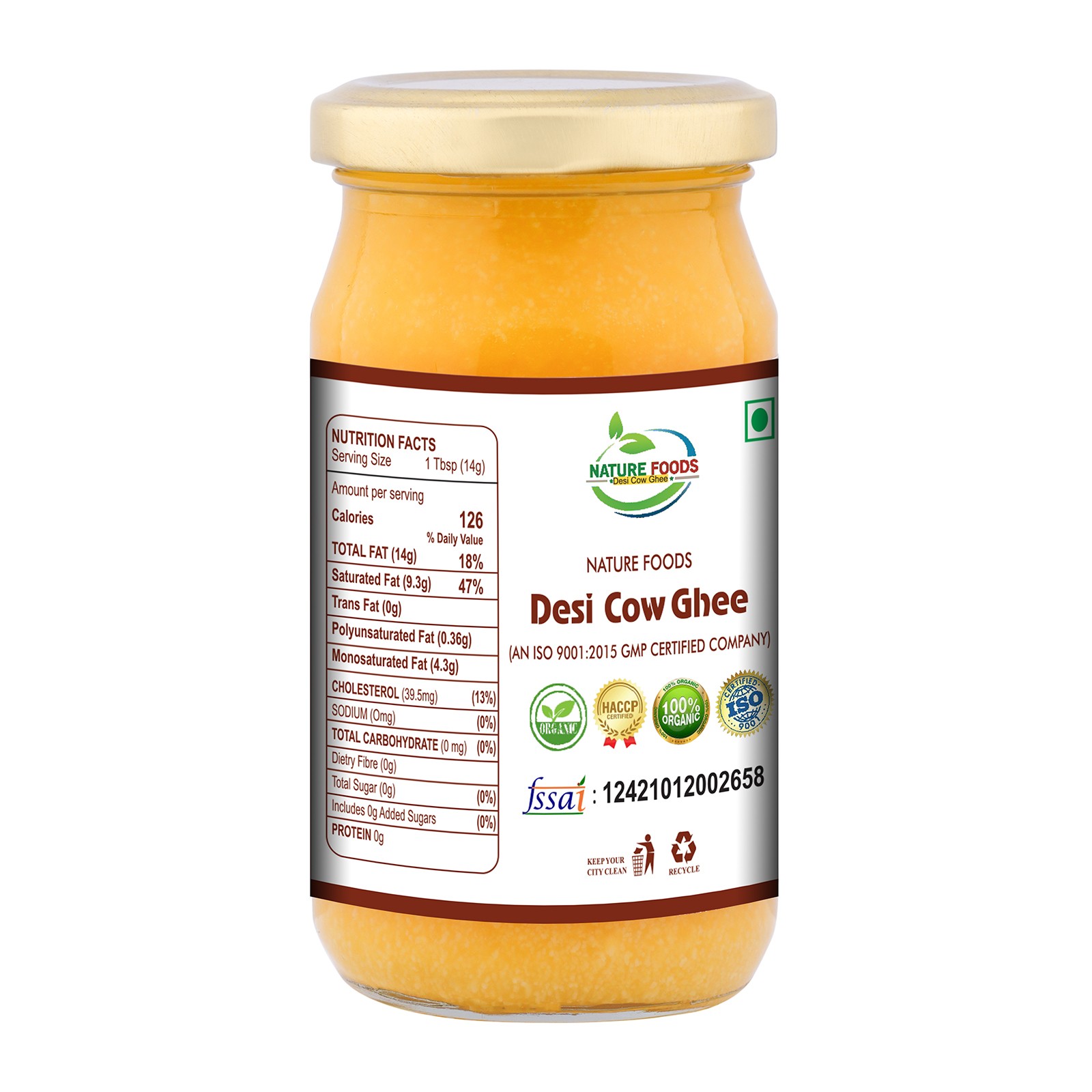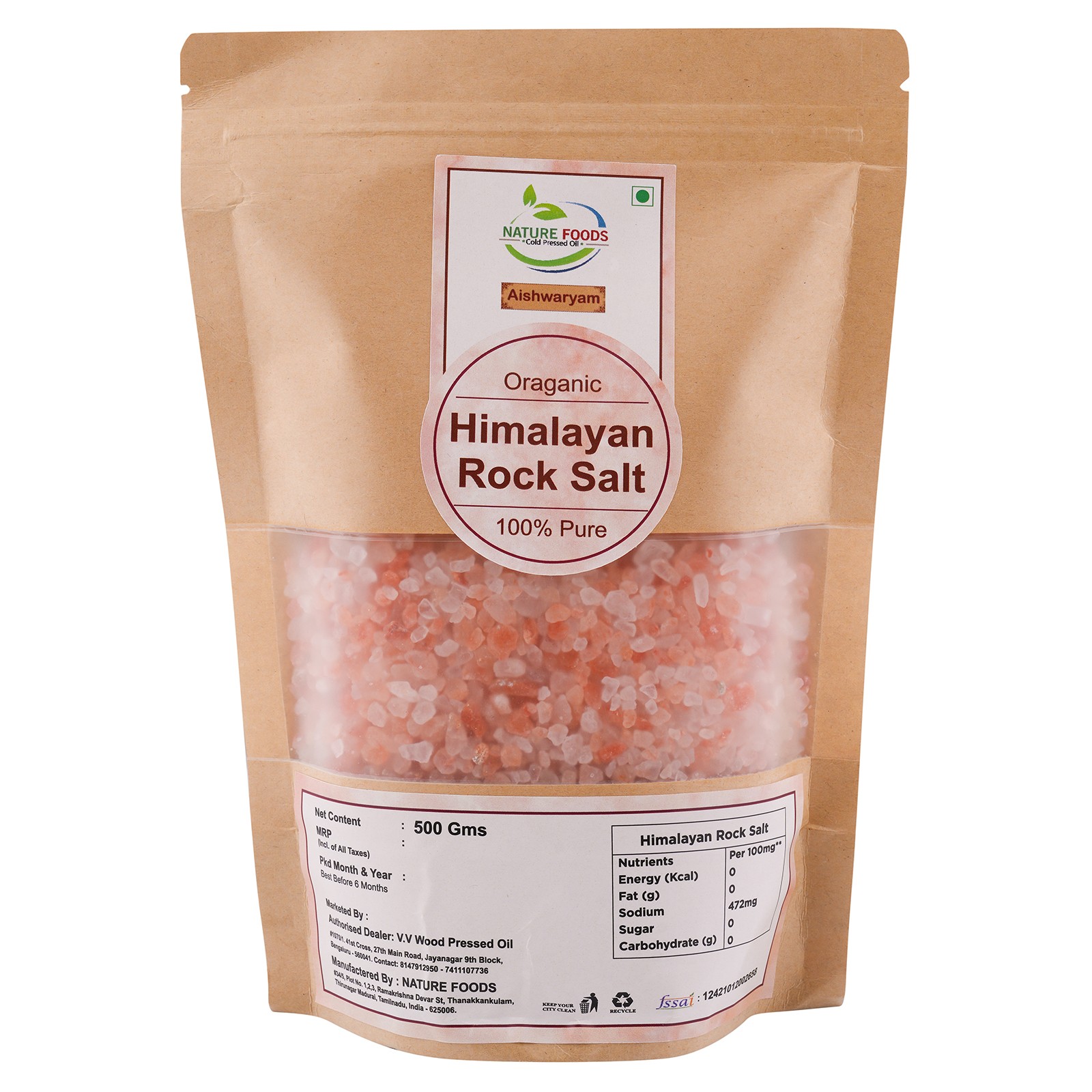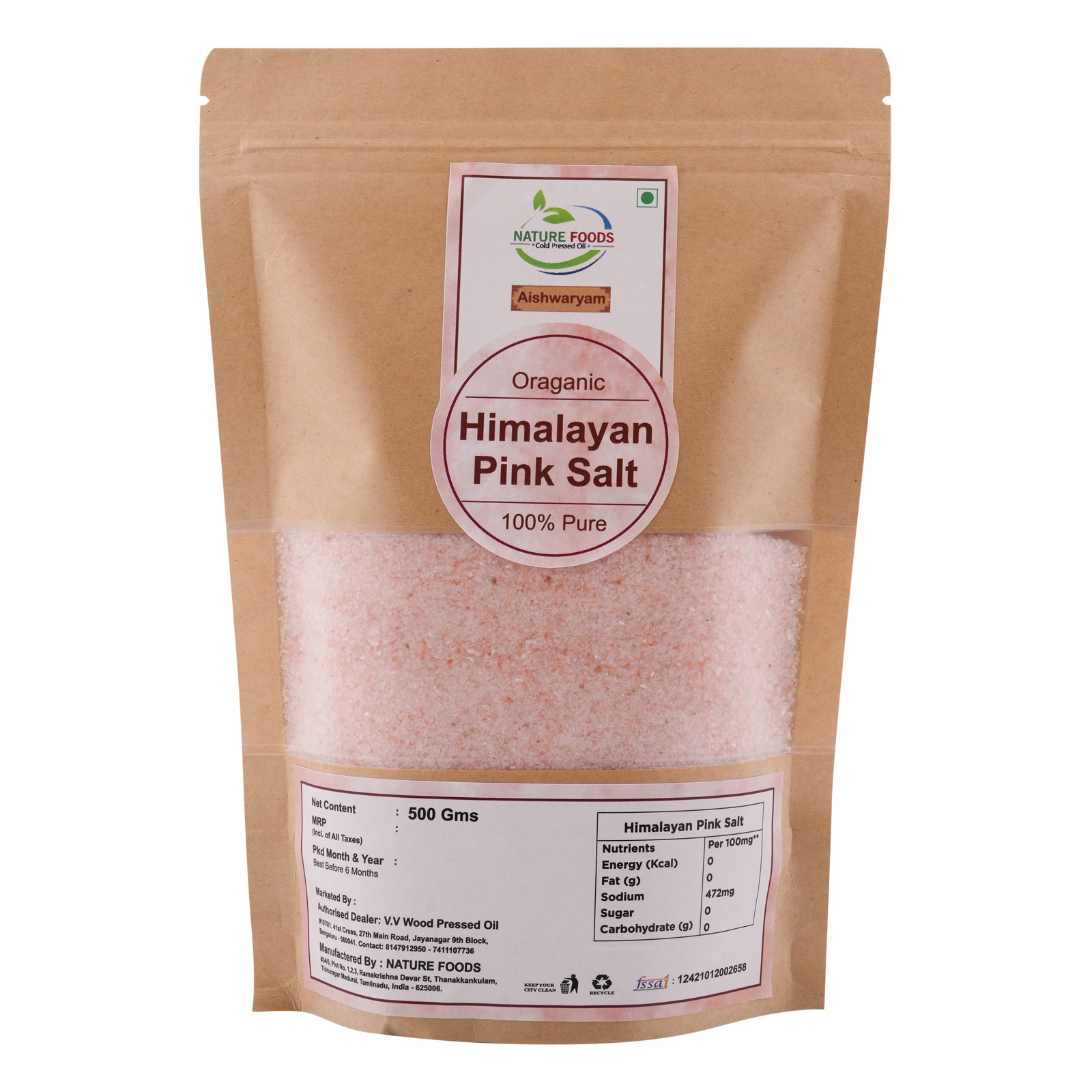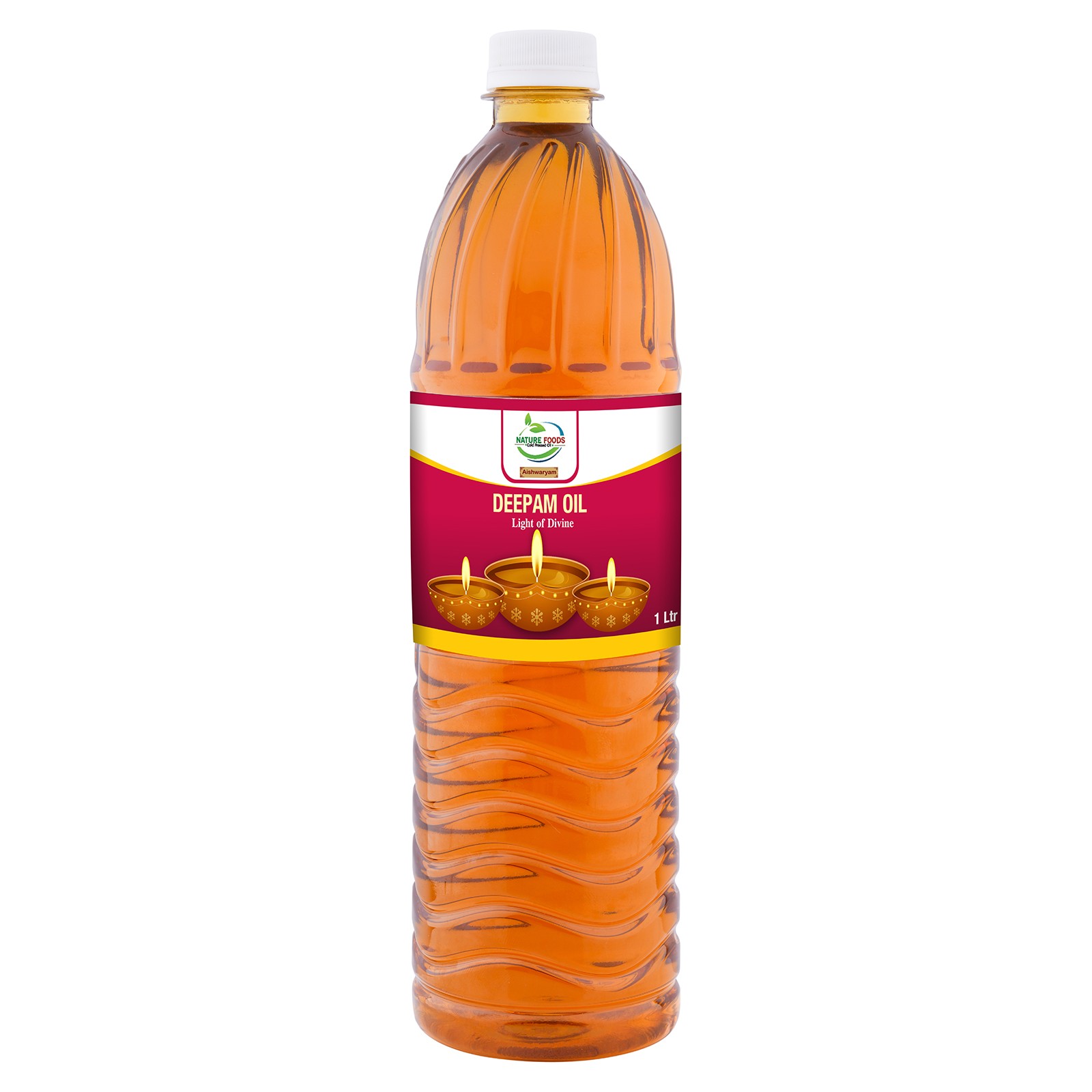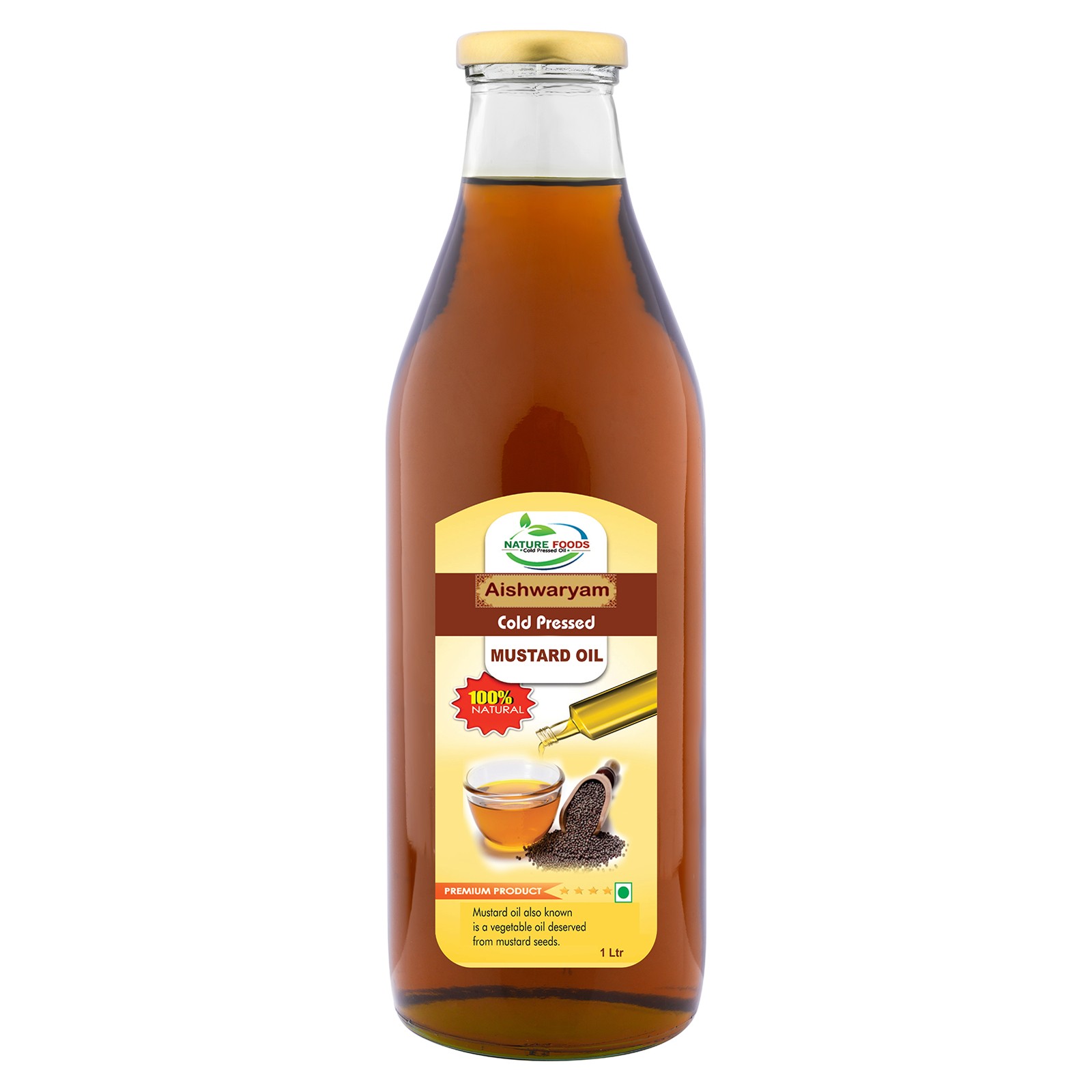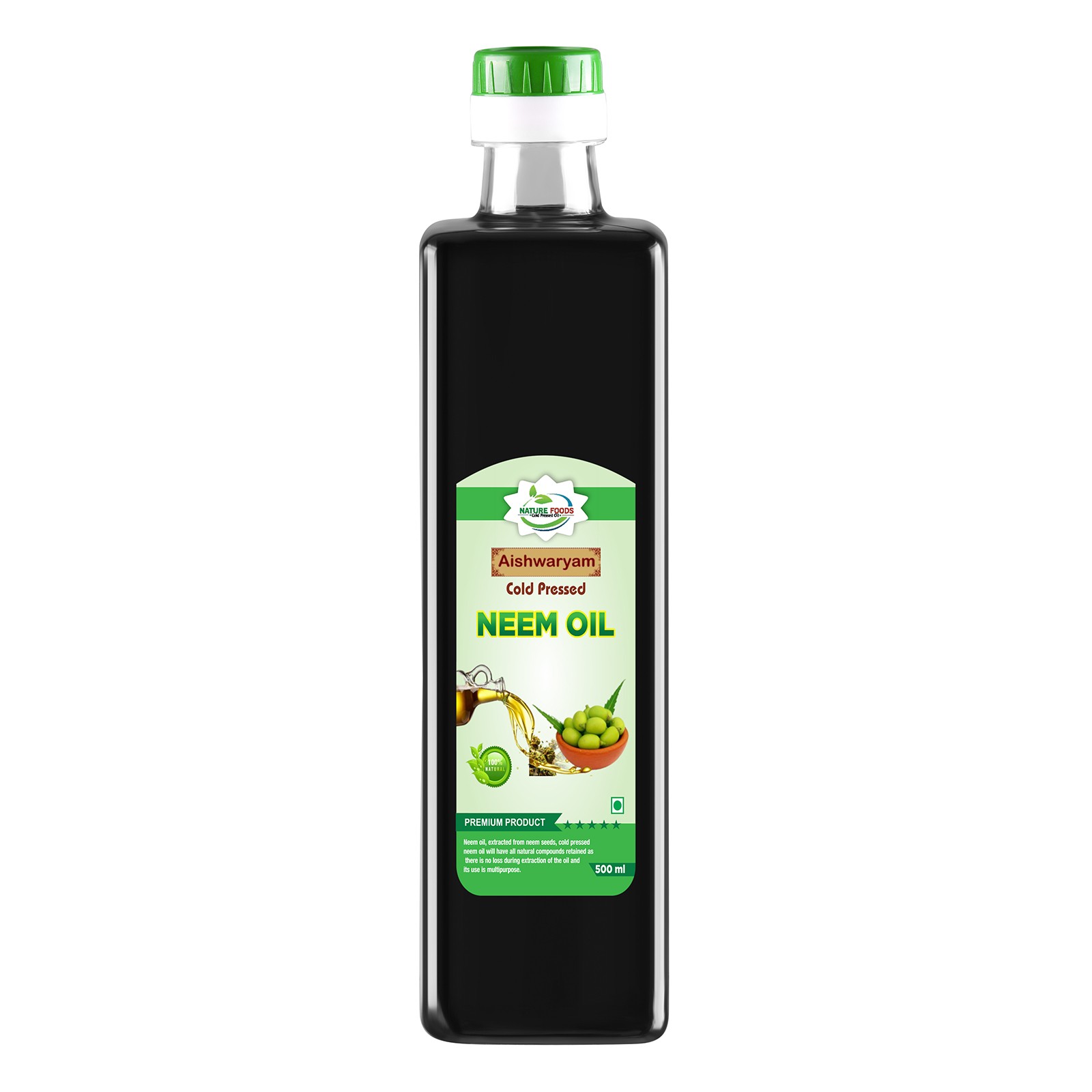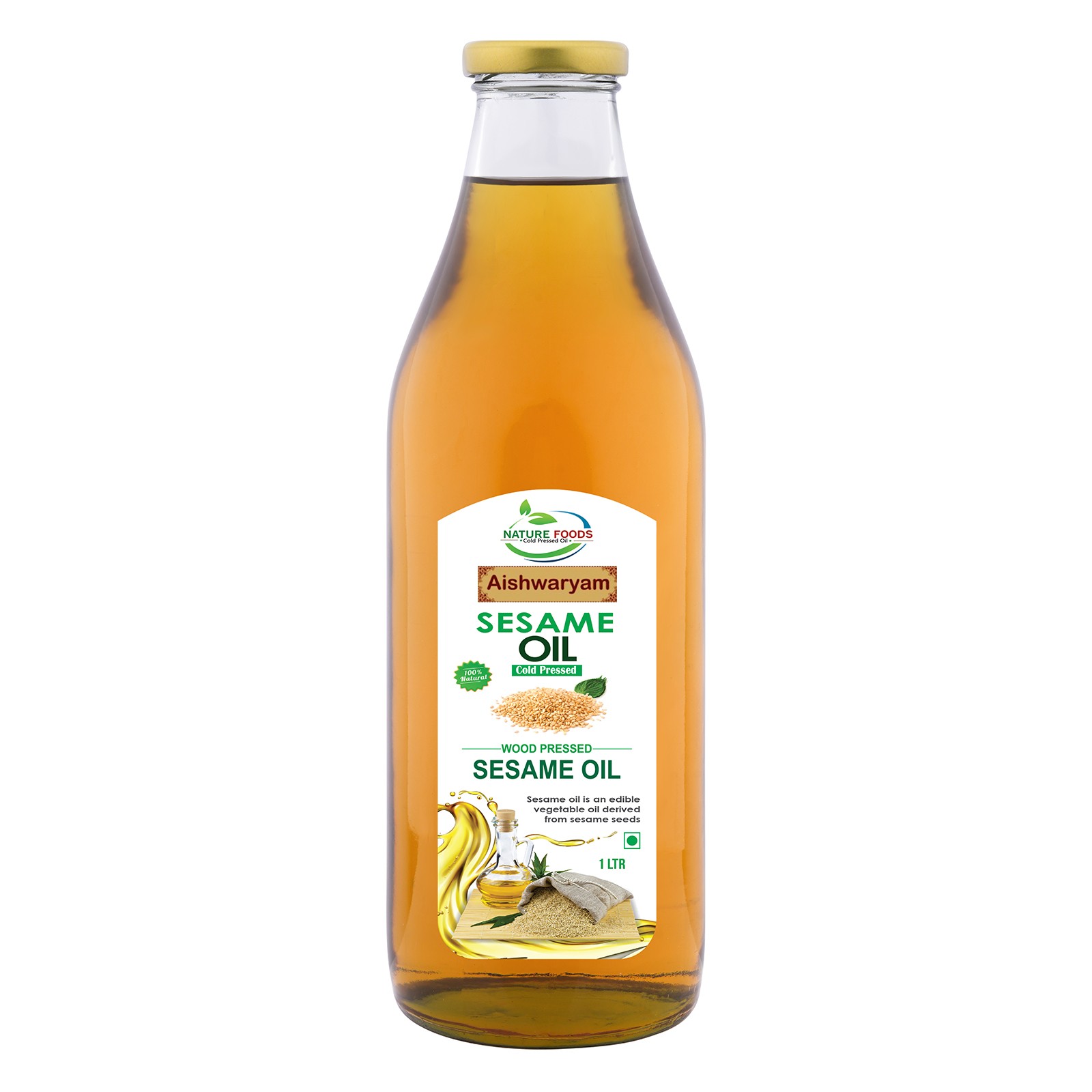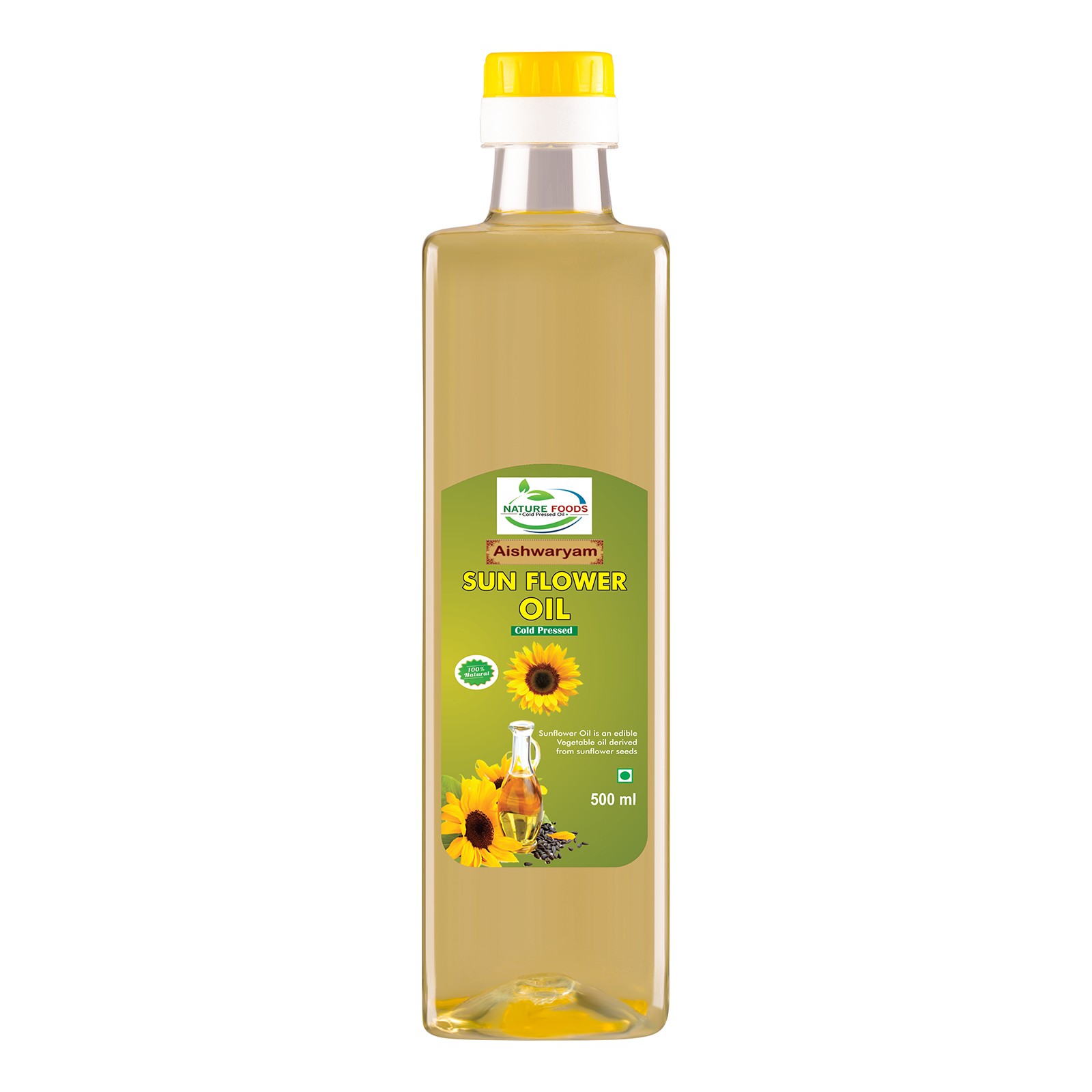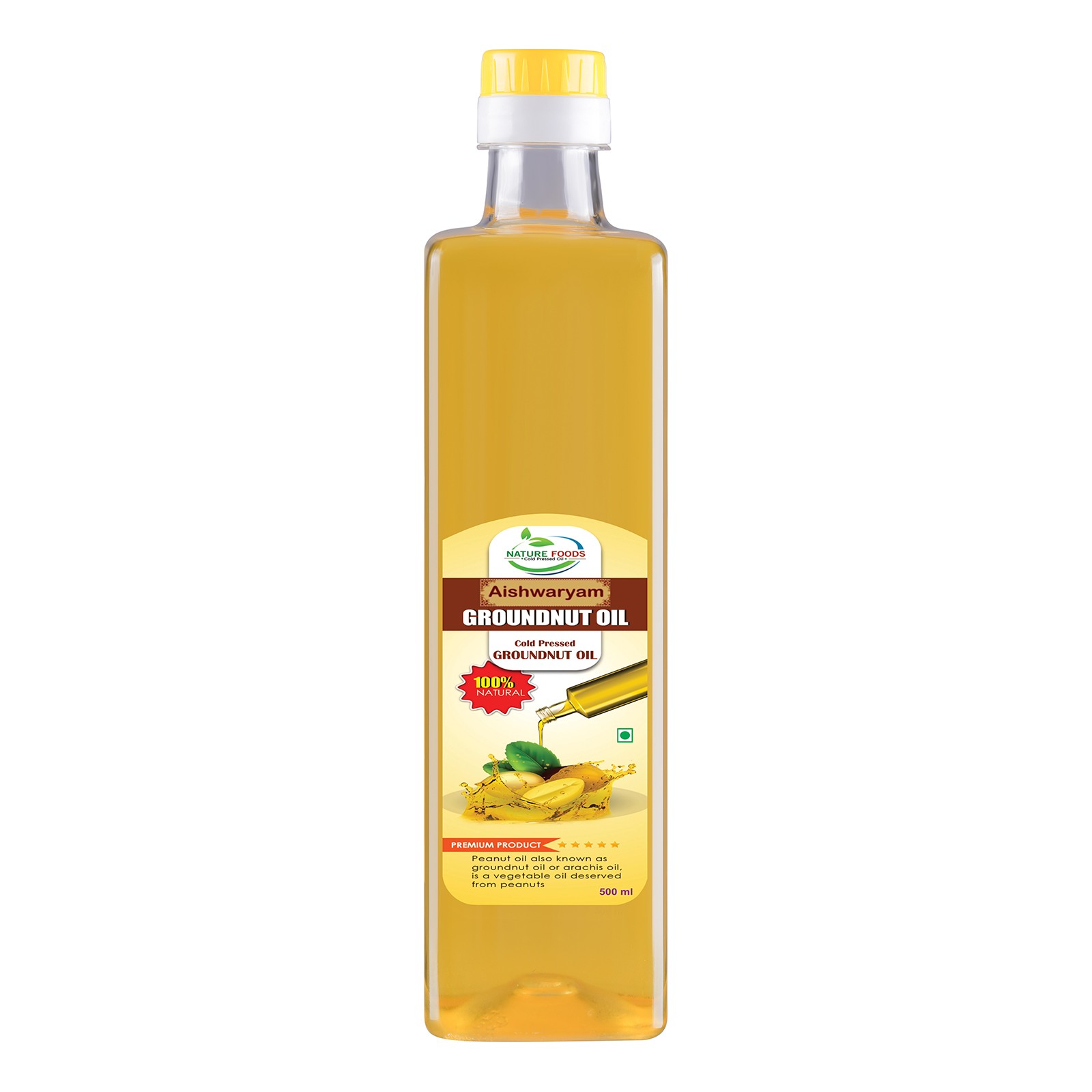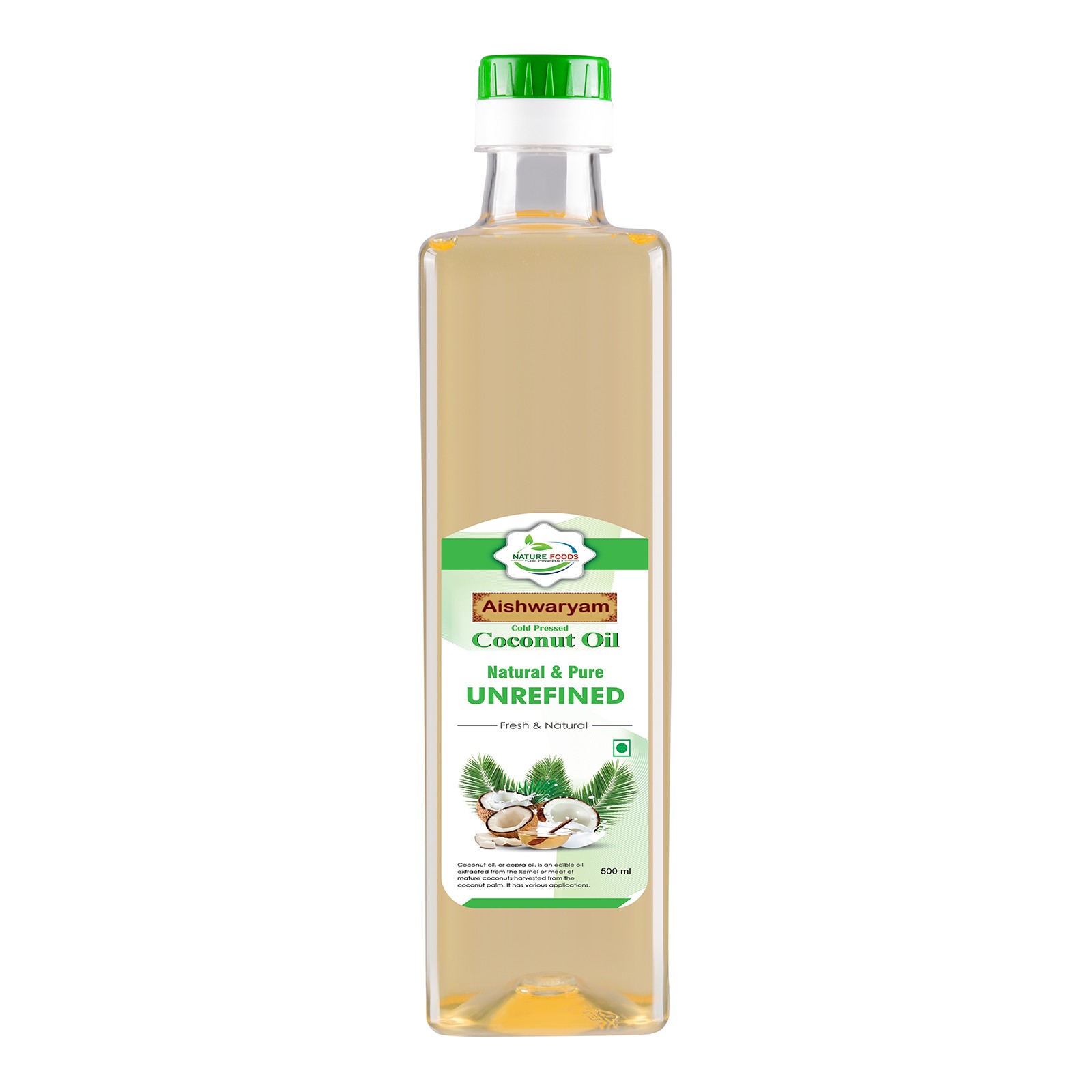Successfully Added to cart
Successfully Added to wishlist

Castor oil
Castor oil is a vegetable oil derived from the seeds of the castor oil plant, scientifically known as Ricinus communis. It has been used for centuries for various purposes, ranging from medicinal to industrial applications.
Here's a breakdown of its characteristics and uses:
-
Composition: Castor oil is primarily composed of ricinoleic acid, a unique fatty acid that makes up about 90% of its composition. This fatty acid is responsible for many of its therapeutic properties.
-
Appearance and Texture: It typically has a clear or slightly yellowish appearance with a thick, viscous consistency.
-
Medicinal Uses: Castor oil has long been used as a traditional remedy for a variety of ailments. It's commonly used as a laxative due to its ability to stimulate bowel movements. Additionally, it's used topically for its anti-inflammatory and moisturizing properties. Some people use it for skin conditions like acne, eczema, and psoriasis, or as a natural hair conditioner.
-
Industrial Uses: Castor oil has several industrial applications. It's used in the manufacturing of soaps, lubricants, paints, dyes, coatings, and many other products. Its viscosity and ability to resist high temperatures make it valuable in these applications.
-
Cosmetic Uses: In cosmetics, castor oil is often used as an ingredient in skincare products such as creams, lotions, and lip balms due to its emollient properties.
-
Potential Side Effects: While generally considered safe for topical and occasional oral use, ingesting large amounts of castor oil can lead to gastrointestinal discomfort and diarrhea. Some individuals may also experience allergic reactions when applied topically.


